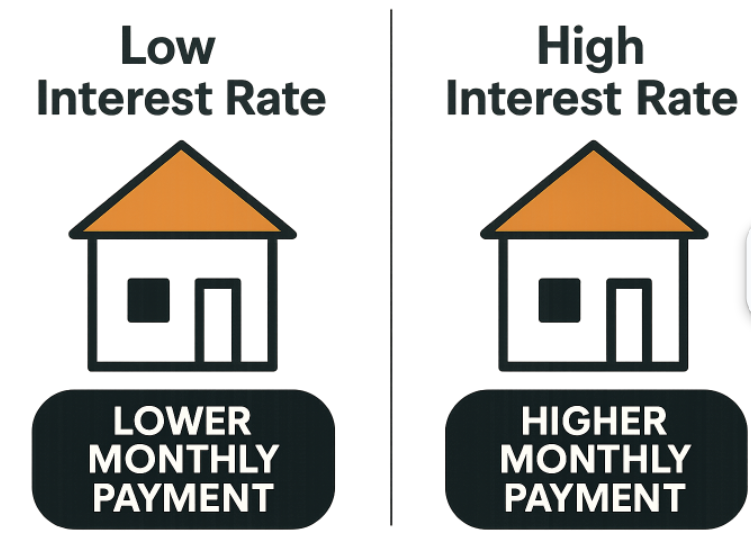Your body is constantly trying to communicate with you—from a subtle headache to prolonged fatigue, it uses warning signs to signal that something might be wrong. Yet, in the midst of busy schedules and never-ending to-do lists, it’s easy to overlook these messages. Learning to listen to your body’s warning signs is essential for maintaining your health, preventing serious conditions, and living your best life.
Common Physical Warning Signs
Our bodies give us plenty of clues when something isn’t right. Paying attention to these common physical symptoms can help you catch potential health issues before they escalate.
1. Fatigue That Doesn’t Go Away
Feeling tired after a long day is normal. But if you’re getting adequate sleep and still experience persistent fatigue, it might symbolize underlying issues such as anemia, hypothyroidism, or even chronic fatigue syndrome. It’s your body’s way of saying, “Pay attention to me.”
2. Changes in Weight
Unexplained weight loss or gain is another significant sign. Losing weight rapidly without trying can be linked to conditions like diabetes or autoimmune disorders, while sudden weight gain might point to hormonal imbalances or fluid retention.
3. Skin Changes
Your skin often reflects your internal health. Persistent rashes, unexpected bruising, or changes in moles and pigmentation might signify issues such as allergies, nutrient deficiencies, or skin cancer.
4. Digestive Distress
Frequent bloating, abdominal pain, or irregular bowel habits shouldn’t be ignored. They can signal gastrointestinal disorders like irritable bowel syndrome (IBS) or food intolerances.
5. Pain That Won’t Go Away
Chronic pain, whether it’s in your back, joints, or head, is one of the most obvious signs your body needs attention. Conditions like arthritis, migraines, or even more severe illnesses often manifest through long-lasting discomfort.
Mental and Emotional Signals
Physical health is only one part of the equation. Your mental and emotional well-being also provides crucial signals about the state of your health.
1. Persistent Anxiety or Stress
Feeling anxious occasionally is natural. However, if anxiety or stress becomes overwhelming and constant, it could lead to bigger problems like depression, hypertension, or burnout.
2. Frequent Mood Swings
Rapid emotional changes can signify hormonal imbalances or deeper mental health issues like mood disorders. Sudden irritability, anger, or sadness should not be brushed aside.
3. Brain Fog or Difficulty Concentrating
Struggling to focus during conversations, remembering tasks, or processing information can indicate stress, poor nutrition, or even the early stages of neurological conditions.
4. Sleep Disturbances
Trouble falling or staying asleep, despite feeling tired, can be a sign of both mental health issues, such as anxiety or depression, and physical conditions like sleep apnea.
How to Respond to These Warning Signs
It’s one thing to recognize the signs, and another to know what to do next. Here’s how you can respond to these physical and emotional cues:
1. Take Notes
Keep track of your symptoms. Logging when they occur, their duration, and any triggers can help you understand patterns and provide valuable information to healthcare professionals.
2. Practice Mindfulness
Mindfulness techniques like meditation or deep breathing can help reduce stress and improve your emotional well-being. Spend a few minutes each day tuning into what your body and mind are telling you.
3. Focus on Nutrition and Hydration
Often, the root cause of fatigue or brain fog lies in poor nutrition or dehydration. Adopt a balanced diet rich in whole foods and drink plenty of water to support overall health.
4. Rest and Reset
Sleep is one of the body’s most powerful healing tools. Aim for 7-9 hours per night and incorporate rest days to prevent burnout.
5. Move Your Body
Light exercise, such as walking, yoga, or stretching, can improve circulation, reduce tension, and release endorphins that help enhance your mood. Listen to what feels good for your body.
When to Seek Professional Help
While self-care plays a significant role in addressing warning signs, there are times when professional help is essential. Don’t hesitate to consult a healthcare provider if:
- Symptoms persist for more than a few weeks.
- Warning signs interfere with your daily activities.
- You experience sudden, severe, or unexplained symptoms, such as chest pain, shortness of breath, or fainting.
- If you suspect you may have a chronic condition, such as an autoimmune disease, you may require specialized care that is available at clinics in Las Vegas.
Healthcare providers can run necessary tests, prescribe treatments, and offer expert guidance tailored to your situation. Remember, addressing health concerns early can prevent more serious complications down the line.
Conclusion
Your body is your ally, working to keep you healthy. By recognizing its warning signs, you can take charge of your well-being and catch issues early. Pay attention to what your body tells you, and don’t hesitate to seek professional help when needed. Whether it’s adjusting daily habits or addressing serious concerns, taking action is always better than waiting. Prioritize your health to feel better and live a more energized, fulfilling life.




